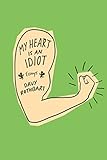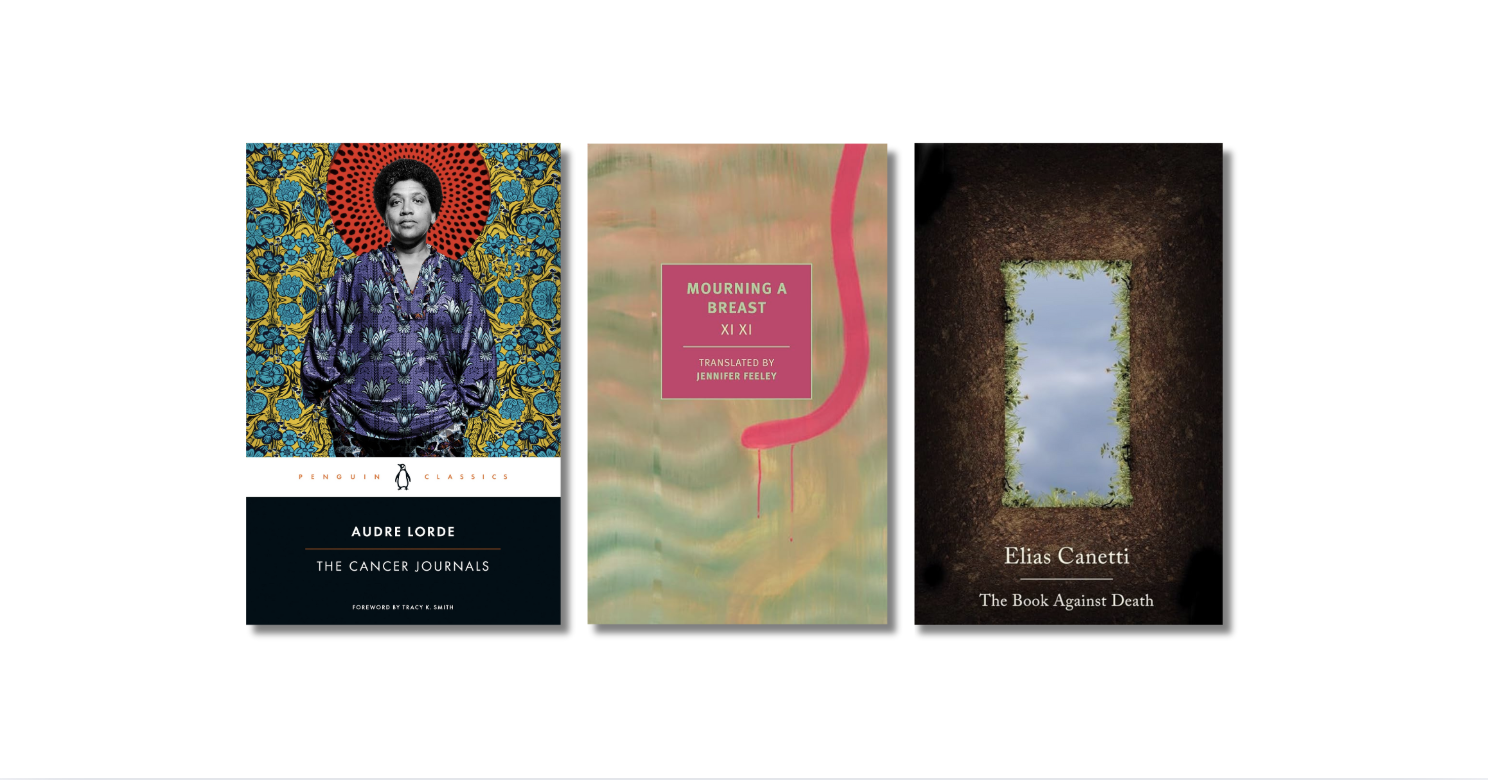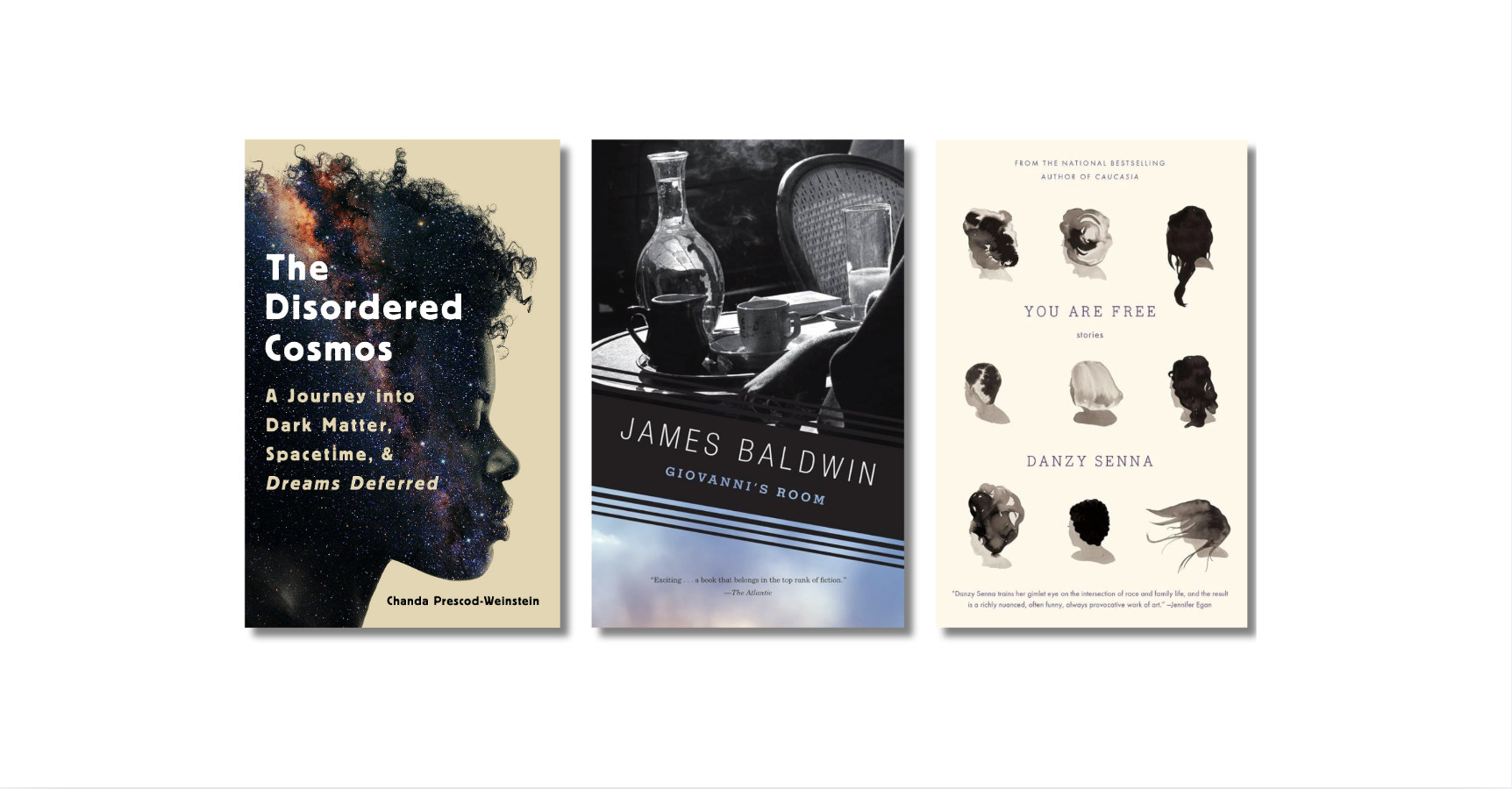We lost a great soul in the world of writing with the passing of David Rakoff, a writer who wrote with equal measures moody nostalgia and clear-eyed nihilism. Rakoff was no Hunter S. Thompson, or even David Sedaris — his stories did not come from great calamities of family, or of the road, or of a hijinks-ridden life. Instead, they emerged, like slow-cooked barbecue basted in sugar and vinegar, from Rakoff’s perspective on everyday life. He was the quintessential essayist, one whose voice made any subject worth attending to, and that voice made the incidentals of any experience worthwhile.
 Writers that can draw inspiration from within, not from without, are rare, and we’ll be hard-pressed to find an heir to Rakoff’s legacy. Many memoirists seem to find their material through premeditated sprees of fuck-up-itude, going on the premise that “everything is copy,” and letting things fall to pieces in the hopes that it’ll eventually be memoir-worthy. Such is the case in Davy Rothbart’s My Heart is an Idiot, a collection of essays focused on chronicling relationships — romantic and platonic — that never settle out the way they should.
Writers that can draw inspiration from within, not from without, are rare, and we’ll be hard-pressed to find an heir to Rakoff’s legacy. Many memoirists seem to find their material through premeditated sprees of fuck-up-itude, going on the premise that “everything is copy,” and letting things fall to pieces in the hopes that it’ll eventually be memoir-worthy. Such is the case in Davy Rothbart’s My Heart is an Idiot, a collection of essays focused on chronicling relationships — romantic and platonic — that never settle out the way they should.
There’s nothing wrong with writing about bad romances or bad sex — after all, they don’t write songs about the loves that come easy. But the laziness with which Rothbart’s hookups and hangouts are depicted, highlighting major moments of failure without meditating on their significance, indicates a troubling trend in young memoirs. It takes more than experience to make a narrative voice, and not every failure or triumph should be destined for memoirization.
The unifying theme, if there is any, of Rothbart’s collection is of the frustrated and interrupted searches for love and connection in the modern world. Some of these moments play out like great capers, as in the best essay, “Human Snowball,” in which Rothbart, a 110-year-old bus passenger, a Chinese family, and a buddy destined to end up in prison all cram into a Ford Explorer in search of a long-lost love and find a winning lottery ticket instead.
Serendipity seems to guide most of Rothbart’s escapades, and when his renegade optimism is not rewarded, he goes off the rails. When Rothbart discovers that a writing contest turns out to be a scam, his form of vengeance involves, among other things, mailed bottles of Nantucket Nectars filled with his own urine. Not all the stories show Rothbart at his most infantile, and the most moving of them all, “New York, New York,” details a bus ride from Chicago to New York in the days immediately following 9/11. Rothbart’s not shy about interacting with his fellow passengers, who range from utterly shell-shocked to fully loquacious. But at the very moment he seems to be genuinely connecting with people, the narrative always withdraws, makes itself impersonal once more. As the passengers disembark at Port Authority, Rothbart says, “On a thousand-mile bus trip like that, after all those interviews and brief but intense conversations, I would’ve gathered a slew of e-mail addresses and made a dozen new Facebook friends. But that was another time, before the souls we cross paths with could be collected like passport stamps, and I never saw or heard from any of those people again.” Instead of digging deep into a moment of transitory friendship, into the dazed confusion of those early days of national uncertainty, Rothbart briefly reduces his experience to a moment of failed networking.
This is not to say that Rothbart is cavalier about his relationships — but rather, he lacks the ability to communicate his emotional investment, whether powerful or non-existent, to the reader. You especially feel this in stories about his romantic escapades, where his admiration — of a girl’s hair, lips, swing of her hips — gets only slightly more space than his rejection or remorse. He can fall for a girl through a series of exchanged emails (as in the essay “Shade”), only to decide upon meeting her that “our whole chemistry seemed off.” (The title comes from the movie Gas Food Lodging. A character from that film, a trailer-park teen girl named Shade, utterly bewitches the young Rothbart, a character he called “the love of my life.” The guy bought stock in the Manic Pixie Dream Girl at seventeen, and hasn’t been able to shake the obsession since.) The depictions of these kinds of women aren’t so much misogynistic or even offensive — there’s not enough attention to them to become deeply invested in their fates or in what Rothbart thinks of them.
Moreover, the moments that might prompt greater description, or greater examination on what drives love, or lust, or obsession, are almost always abbreviated, to the point where the reader is regularly prompted to ask, “Is that all there is?” Skimping on the details that would take the stories from attitudinal to authentic — in the essay, “Tarantula,” which chronicles a drunken hook-up, a waterlogged corpse, and the title spider among other things, the best moment comes in transit. Rothbart’s girl of the night, a bartender as “skinny as a signpost” with a “sideways smile” tells him to hide under a tarp in the back of her pickup truck, so they can leave for the night without her fiancé hearing about it later. Rothbart complies, and she slips into the truck 30 minutes later and they take off.
I peeled off the tarp and lay on my back looking at the dull comets of orange streetlights overhead, until we hit a dirt road and they trailed off, replaced by a few cooling stars. Thinking back, this was probably the only worthwhile, positive part of the night — the thrumming anticipation, the cold air ripping over my face, the truck’s surefire vroom-vrooms as we tore like a shot arrow toward somewhere mysterious.
This brief description, one of the few that details a landscape or perspective more than a friend’s tattoos or a girlfriend’s eyeliner, hints that Rothbart knows what parts of the story might drive anticipation. Yet his voice remains so passive, so stage direction-y, that such moments lose their power almost immediately, and are never expanded upon later. He tips his hand at the description’s intended effect before he moves us, and the foreshadowing is wasted.
 The impulse to memoirize isn’t a bad one, even on the part of the young and reckless — I’ve spent hours on end devouring the first season of Girls and underlining sentence after sentence of Sheila Heti’s extraordinary How Should a Person Be? What makes stories worth telling is not what happened, but how what happened made something else happen to the teller. And the true stories that we remember — from the Burroughs, the Karrs, the Nabokovs and Rakoffs of the world — didn’t just serve up the events of their day planner or black book. They spun them into glittering tales of experience. “I needed a cover story,” Rothbart said in “Shade,” and you can see it in every story in this collection, each essay that yearns to be “collection-worthy.” “What I craved and had been chasing…was the exquisite misery I’d felt when I’d first seen Shade on the screen. That wrenching longing was its own perfect drug, and as long as a girl kept me at arm’s length and maintained a distance, some veil of mystery, then my excruciating and exhilarating ache could be preserved.”
The impulse to memoirize isn’t a bad one, even on the part of the young and reckless — I’ve spent hours on end devouring the first season of Girls and underlining sentence after sentence of Sheila Heti’s extraordinary How Should a Person Be? What makes stories worth telling is not what happened, but how what happened made something else happen to the teller. And the true stories that we remember — from the Burroughs, the Karrs, the Nabokovs and Rakoffs of the world — didn’t just serve up the events of their day planner or black book. They spun them into glittering tales of experience. “I needed a cover story,” Rothbart said in “Shade,” and you can see it in every story in this collection, each essay that yearns to be “collection-worthy.” “What I craved and had been chasing…was the exquisite misery I’d felt when I’d first seen Shade on the screen. That wrenching longing was its own perfect drug, and as long as a girl kept me at arm’s length and maintained a distance, some veil of mystery, then my excruciating and exhilarating ache could be preserved.”
 In the last volume published before his death, the morbidly funny collection of essays, Half Empty, Rakoff had wise words for a writer like Rothbart. “Even the most charmed life is a veritable travelogue of disappointment. There will always be an inevitable gulf between hope and reality. It is how we traverse these Deserts of Letdown that show us what we are made of (perhaps almost as much as does choosing to characterize them as Deserts of Letdown).” The thing that makes great memoir is not the road we journey down, but the details and attitude we use to chronicle the journey. I’d be curious to see if Rothbart, turning his attention to a more mundane story — a flat tire on the side of the highway, a dead-end desk job, a delayed flight to a nondescript city — would suddenly reveal himself to be a born storyteller, telling tales that served up more than highs and lows, but all the mysterious moments in-between.
In the last volume published before his death, the morbidly funny collection of essays, Half Empty, Rakoff had wise words for a writer like Rothbart. “Even the most charmed life is a veritable travelogue of disappointment. There will always be an inevitable gulf between hope and reality. It is how we traverse these Deserts of Letdown that show us what we are made of (perhaps almost as much as does choosing to characterize them as Deserts of Letdown).” The thing that makes great memoir is not the road we journey down, but the details and attitude we use to chronicle the journey. I’d be curious to see if Rothbart, turning his attention to a more mundane story — a flat tire on the side of the highway, a dead-end desk job, a delayed flight to a nondescript city — would suddenly reveal himself to be a born storyteller, telling tales that served up more than highs and lows, but all the mysterious moments in-between.








